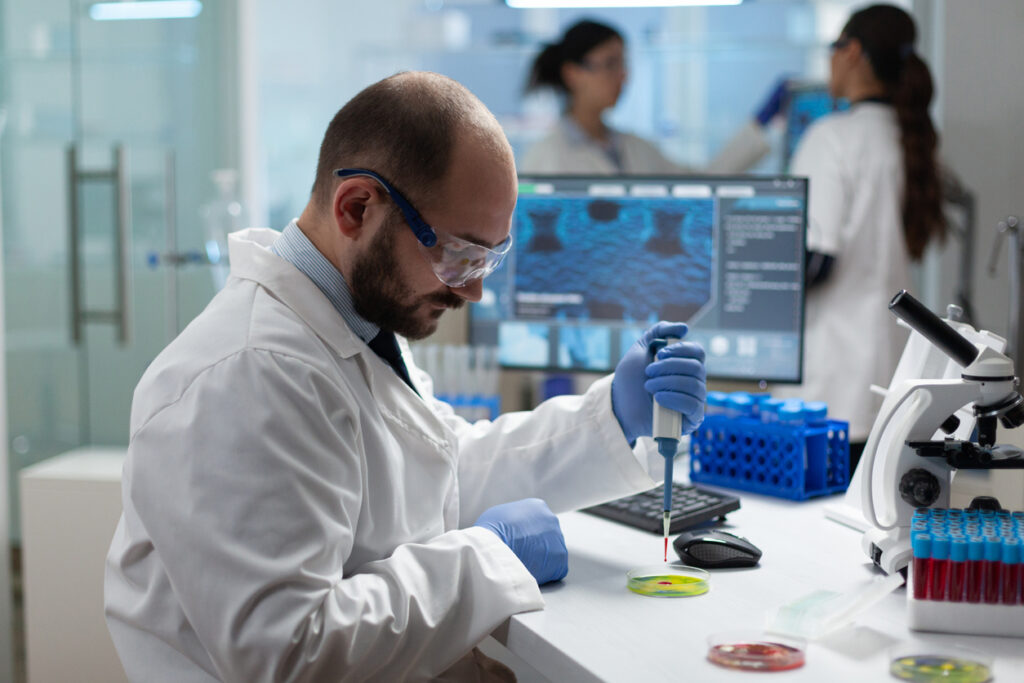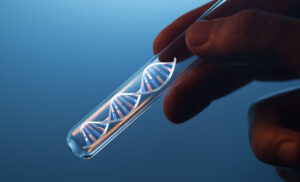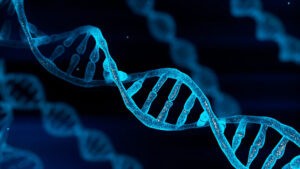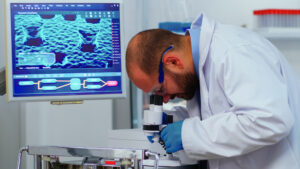
Genetic Testing for Developmental Disorders
Developmental delay is any noticeable and considerable delay in a child’s physical, cognitive, social, and emotional development. Some of the most well-known, or most looked-for examples of developmental delay, include late walking in an infant, delayed speech acquisition, and intellectual disability. Global developmental delay refers to a delay that affects all areas of an infant […]










